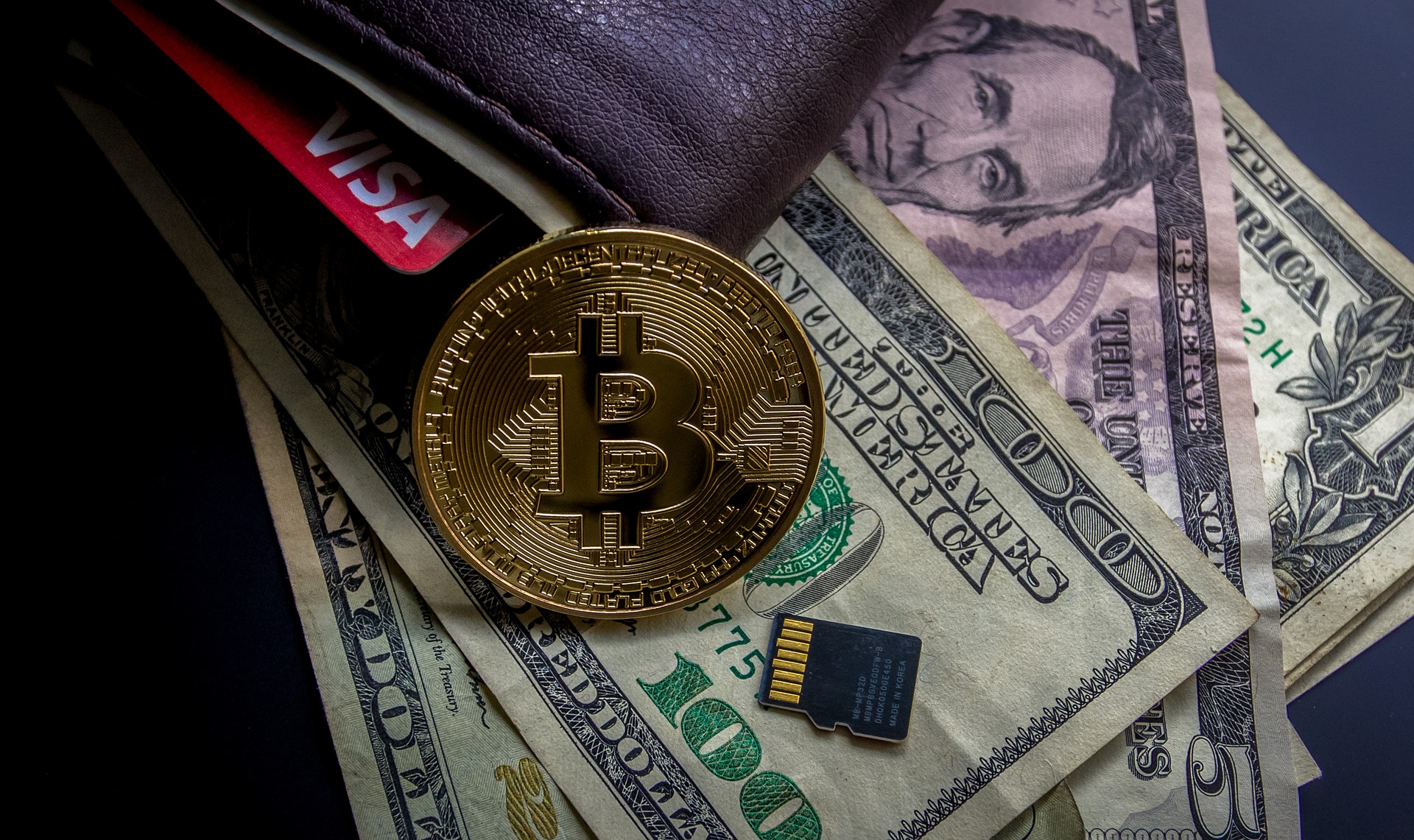The Russian lobby of supporters of a state regulation of cryptocurrencies is growing. In a list with instructions to the Federal Assembly, President Putin demanded official regulation for cryptocurrencies at the end of February. By July 2019, the head of state wants new laws.
New laws for digital assets
Also Igor Yusufov, formerly employed in the Kremlin as Energy Minister, recently called for a government currency. Which will be following the model of stable coins such as tether and is linked to the price of oil. Yusufov hopes that this solution will be an instrument to prevent the risky fluctuations in exchange rates.
The Russian Parliament has already responded by launching its first draft bill. This is from a message from the website Coin-Hero.de.
The new laws not only target cryptocurrencies, but digital assets in general. The drafts refer among other things to digital transactions and more fundamentally the relationship of digital currencies to the Russian ruble. Thus, the laws would affect mainly future ICOs and fintech companies in Russia, but also investors.
What are the goals of the new laws in Russia?
It is unclear which primary targets Russia is pursuing through regulation. Other governments have demonstrated what clear legislation can be good for. Take Switzerland for example, which has managed to become a global center for the development and trade of digital financial products through its early legal involvement with cryptocurrencies. Japan, Singapore and the US state of Wyoming also sought the favor of the new fintech and crypto companies early on. Maybe Russia is trying to get on this move now.
As early as October 2017, the Russian leadership announced plans to launch its own cryptocurrency. The anonymity and decentralization of Bitcoin payments are a thorn in the side of Moscow. The Russian cryptoruble would not have much in common with currencies like Bitcoin, Litecoin or Ethereum.

